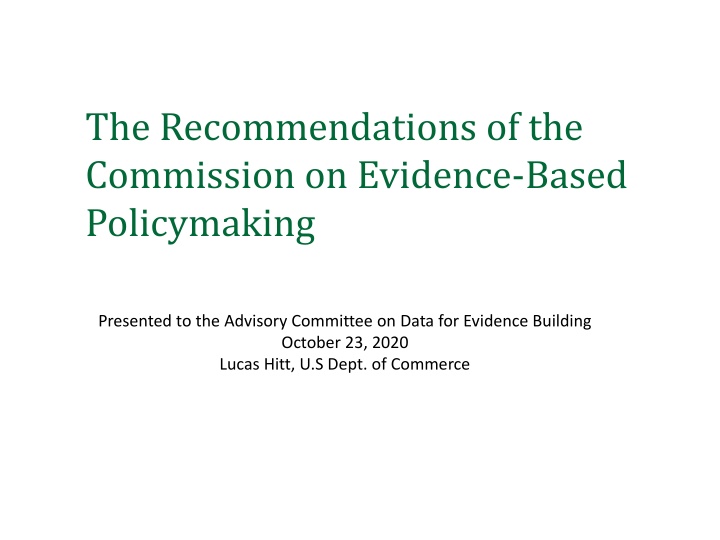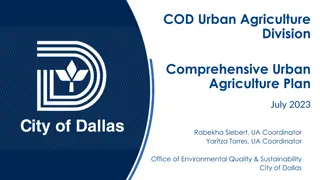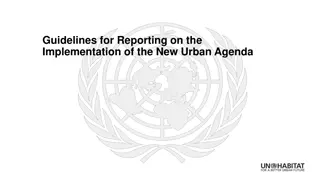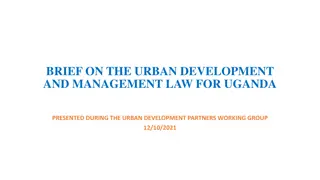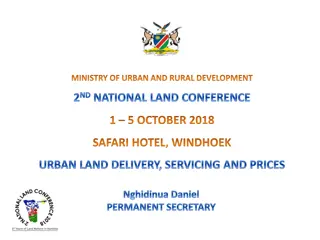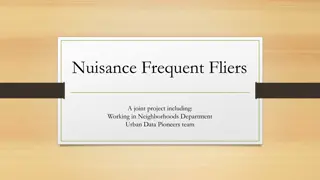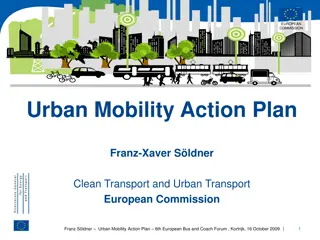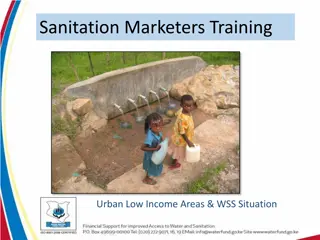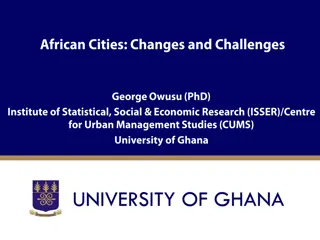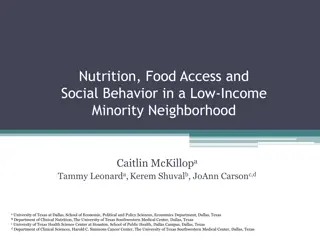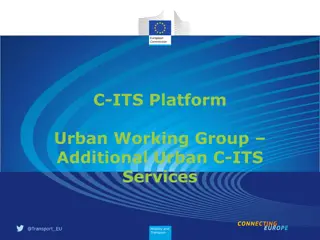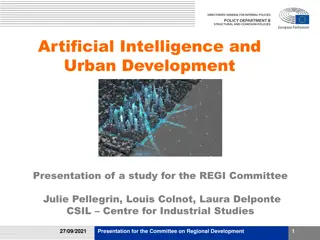Healthy Neighborhoods Collaborative Meeting Urban Health Plan
Focused on improving urban health through community collaboration, this initiative in Hunts Point aims to increase access to fresh produce, engage residents in healthy activities, and enhance quality of life. Key accomplishments include increased access to healthy foods and successful community programs. Challenges include sustaining community engagement and negotiating with key partners.
Download Presentation

Please find below an Image/Link to download the presentation.
The content on the website is provided AS IS for your information and personal use only. It may not be sold, licensed, or shared on other websites without obtaining consent from the author.If you encounter any issues during the download, it is possible that the publisher has removed the file from their server.
You are allowed to download the files provided on this website for personal or commercial use, subject to the condition that they are used lawfully. All files are the property of their respective owners.
The content on the website is provided AS IS for your information and personal use only. It may not be sold, licensed, or shared on other websites without obtaining consent from the author.
E N D
Presentation Transcript
The Recommendations of the Commission on Evidence-Based Policymaking ds Presented to the Advisory Committee on Data for Evidence Building October 23, 2020 Lucas Hitt, U.S Dept. of Commerce
What was the Commission? The Commission was the result of discussions on opportunities for better creating and using evidenceto inform decision-making, whether in budget decisions or day-to-day management, especially by: addressing barriers to the reuse of already collected data Identifying strategies for building into program design Created by legislation co-sponsored by Speaker Paul Ryan and Senator Patty Murray, enacted March 30, 2016 (P.L. 114-140) Members appointed by the President, Speaker of the House, House Minority Leader, and the Senate Majority and Minority Leaders 1/3 on privacy; 2/3 experts on program administration, data, or research Provided its report to the President and the Congress on September 7, 2017 2
The Commissions Process The Commission engaged in an 8-month fact-finding process to gather input: 7 Public Meetings with 49 invited witnesses 3 Public Hearings in DC, Chicago, and San Francisco with 37 witnesses Request for Comments in the Federal Register with more than 350 submitted comments CEP Survey of 209 Federal offices More than 40 meetings with other groups Following public input, the Commission ran a deliberative review process to consider all of the input received and distilled areas of agreement into the Commission s 22 recommendations 3
The Report Major Themes Improved Access to Data Laws and policies are not currently optimized to support the use of data across programs or to maximize privacy Stronger Privacy Protections protections today are applied unevenly across government, and not dynamic enough to meet the changing risks associated with the use of data Greater Capacity filling the existing capacity gaps across institutions and actors inside and outside government, including better coordination of existing actors into a coherent evidence community the establishment of an entity to better support access and privacy 4
The Commissions Vision A future in which rigorous evidence is created efficiently, as a routine part of government operations, and Used to construct effective public policy. 5
Recommendations to Improve Secure, Private, and Confidential Data Access Establish a National Secure Data Service to facilitate access to data for evidence building while ensuring privacy and transparency in how those data are used. Require stringent privacy qualifications for acquiring and combining data for statistical purposes at the NSDS. Review and revise laws authorizing Federal data collection and use to ensure that limited access to administrative and survey data are possible under strict privacy controls. Develop a uniform process for external researchers to apply and qualify for secure access to confidential government data for evidence-building purposes. 6
Recommendations Related to State-Collected Administrative Data Ensure that state-collected administrative data on quarterly earning are available for statistical purposes only and made available through a single Federal source. Direct Federal departments that acquire state-collected administrative data to make the data available for statistical purposes. Where there is substantial Federal investment in a program, Federal departments should, consistent with applicable laws, direct states to provide the data necessary to support evidence building. 7
Recommendations to Modernize Data Protections for Evidence Building Require comprehensive risk assessments on de-identified confidential data intended for public release to improve how data are protected and risk is managed Adopt modern privacy-enhancing technologies for confidential data used for evidence building to ensure the government s capabilities to keep data secure and protect confidentiality are constantly improving Assign senior officials responsibilities for data access and data stewardship within government departments Codify policies for maintaining integrity and objectivity in Federal statistics to promote continued trust in the accuracy of information being used to guide government decision making 8
Recommendations to Strengthen Federal Capacity for Evidence Building Identify or establish a Chief Evaluation Officer in each department to coordinate evaluation and policy research and to collaborate with other evidence-building functions within Federal departments. Develop learning agendas in Federal departments to support the generation and use of evidence to address the range of policymakers questions. Improve coordination of government-wide evidence building by directing OMB to facilitate cross-government coordination. Align administrative processes with evidence-building activities, including those related to the approval of information collections and the procurement of services for evidence building. Ensure that sufficient resources are available to support evidence- building activities, including resources to support implementation of the recommendations of the Commission. 9
CEPs NSDS at Work 13
The Commission s Report Available at www.cep.gov
